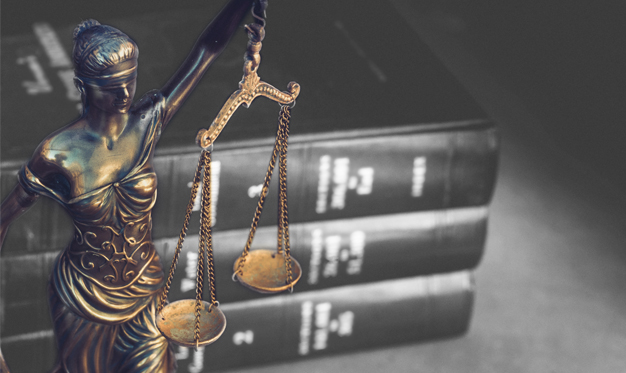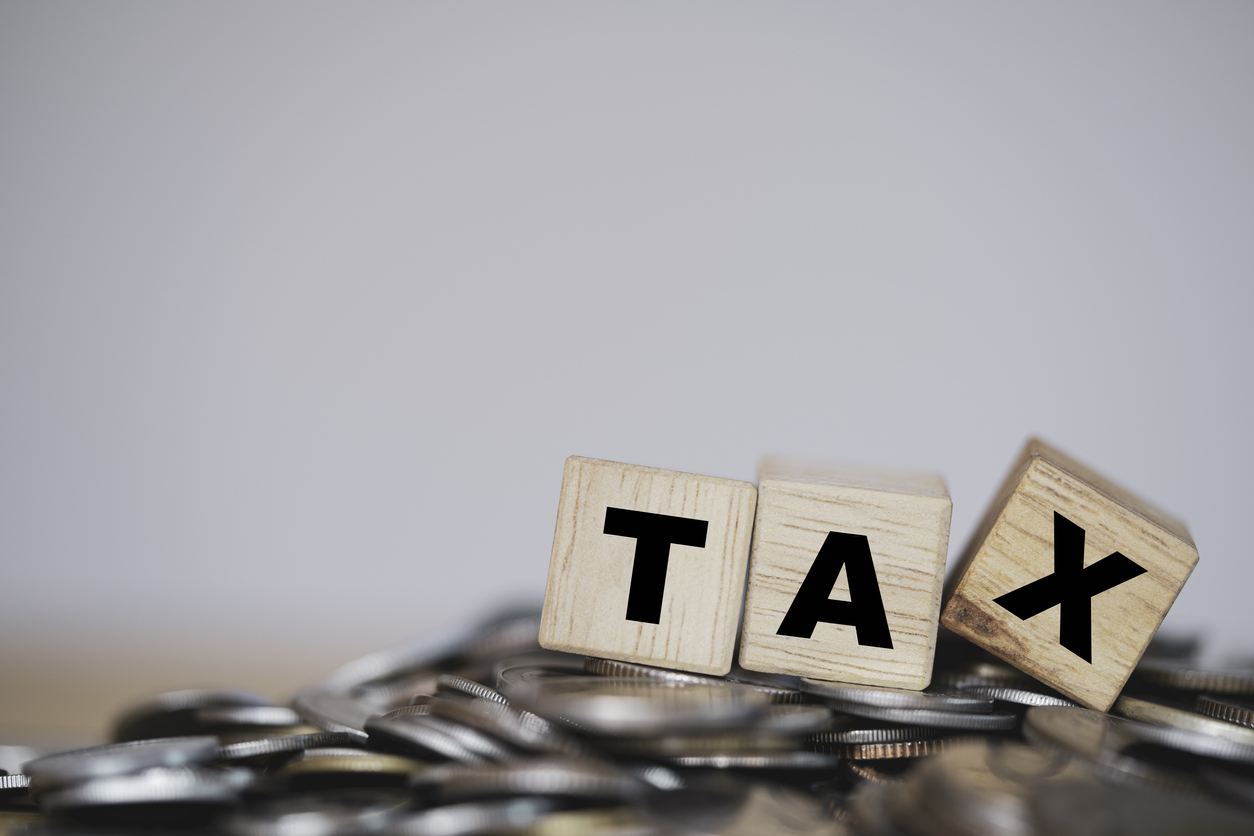If you have not worked with forensic accountants before, an understanding of what they do in litigation support and how they differ from other accountants may be surprising to you. Modern television dramas’ common use of the word “forensic” may lead some to think forensic accountants primarily deal with investigating criminal activity. Assignments that involve investigating and quantifying amounts related to criminal fraud charges are certainly part of what we deal with, but forensic accountants are more often retained to assist in a wide array of financial disputes outside of criminal proceedings.
Throughout your career as an attorney you may become involved in numerous cases involving economic damage calculations stemming from a host of circumstances. Those may include cases involving personal injury and wrongful death, business disputes, employment law, divorce, breach of contract or product liability, just to name a few.
When developing your strategy for these cases, the type of financial expert you retain to assist you and your timing to get them involved can have a material impact on your case’s ultimate successful disposition.
You are likely immersed in many cases and considering various liability aspects, possible defenses, filing motions and briefs before the court and you may not typically focus on damage quantum until later in the case development. In cases involving economic damage calculations, consider how important and impactful it could be for you to add a qualified and experienced forensic accountant to your team. In addition, consider how doing so early in the litigation process can make you both more efficient and effective. This could increase the chances of a positive resolution for your client over that achieved when scrambling to bring someone in late in the process, with the added benefit of the forensic accountant being better prepared when heading to trial and it becomes necessary for your side to name an expert.
Just as different attorneys practice in a wide array of legal matters and not all attorneys are trial attorneys, not all accountants practice in the same areas nor are all accountants forensic accountants. There are a number of different accounting practice areas. Some accountants concentrate on auditing financial statements and others concentrate on tax planning and filings. Cost accountants undertake analysis to help management measure financial results and analyze various operating plan options. Still other accountants wear many hats and perform a mix of these functions, all of which help their clients set up and run their companies more efficiently and report their operating results in periodic financial statements and tax returns.
While forensic accountants have training and experience in many of the primary accounting areas, such as audit, tax, etc., many do not focus their practice in these areas. This allows the forensic accountant the flexibility to be more readily available throughout the year when more traditional accountants may have significant busy seasons, such as January through April when tax accountants may be extremely busy with seasonal work.
When an economic damage measure is involved, a forensic accountant is able to provide qualified support to you in many facets that relate to the measure aspect of your case. Their experience in the litigation arena makes them uniquely adept at working alongside attorneys and helps them understand the difference between acting in a consultant role and a testifying expert role. Forensic accountants know how to help you navigate through the layers of financial information that are summarized in financial records.
In less time than you might imagine, a forensic accountant will be able to give you feedback on the strengths and weaknesses of the claim for damages. In doing so, he may well give you alternative views that can help you see avenues to resolution you might not otherwise consider. He may well have industry data at his fingertips or be able to speak to key trends that need to be considered in a measure or compared to the other side’s damage projections. The forensic accountant can work with you in preparing requests for crucial discovery items and assist you in crafting key financial interrogatory questions.
When opposing counsel inundates you with voluminous, disorganized records, an experienced forensic accountant can help organize them in an efficient manner and determine what key records were provided, as well as identify those that are missing. He can work with you to focus on key points of the financial measure and develop a strategy to analyze and test the plaintiff’s damage claim, first at a high level and then strategize with you to consider whether a more detailed analysis is necessary.
A forensic accountant can provide unique, logical feedback in examining deposition testimony, either by helping you prepare key questions ahead of time, sitting in during the deposition itself and/or analysing the transcripts after the fact for inconsistencies in testimony that may be useful in negotiations or at trial. When sitting in during live testimony, the forensic accountant knows how to conduct himself and gain a feel for the “flow” of your questioning. He will work with your preferences on when and how to alert you to areas where answers may be unclear or where additional questioning might be useful.
A forensic accountant will use his staff appropriately to help with micro tasks and manage fees. Depending on the role you expect him to play, while each case develops differently and strategies may shift, he should be able to give you a budget of the range of fees expected to be incurred when acting as a consultant compared to accepting a designation as an expert preparing for trial testimony.
Let us consider two examples of how a forensic accountant’s involvement was helpful to the successful handling and outcome of a case:
Case 1
Your client was charged with causing a motor vehicle accident and you are defending him and his insurance carrier against a lawsuit brought by the driver of the other car. The plaintiff, a 63 year-old man, alleges that he is no longer able to drive long distances in his car and that has affected his ability as a builder to visit job sites and prepare timely bids. The complaint presents estimated damages at $4.8 million.
You immediately retain a forensic accountant to evaluate the claimed damages presented by the plaintiff and to prepare a discovery request list for financial documentation in support of the claimed damages. In response, the insured eventually produces eight banker boxes of disorganized records which the forensic accountant and her staff go through and organize. Shortly after providing the documents, the plaintiff amends his claim down to $2.5 million.
You ask that the forensic accountant do some high-level analysis of the records provided and give you her verbal assessment of any financial impact on the plaintiff’s business. You ask that at this time she not incur the time to prepare her own independent calculation.
In assessing the plaintiff’s financial records the forensic accountant reports that the plaintiff’s business revenue earned was actually slightly lower following the accident, but that she does not believe the reduced revenue stream would support the degree of plaintiff’s claim for damages.
The forensic accountant also notes wages on the plaintiff’s personal tax return and copies of two W-2s that tie to the reported wages for the two years following the accident. An analysis of two large transactions in the corporate bank records and some capital gains reported in the plaintiff’s personal tax return leads to the plaintiff’s admission under oath that he had been in the process of selling his business in the year prior to the loss and that the W-2 wages were paid to the plaintiff by the successor company.
You are able to negotiate a significantly reduced settlement with the plaintiff’s attorney over the next few weeks prior to trial proceedings.
Case 2
You are hired to represent a disability carrier in a lawsuit brought forward by one of their insureds turned plaintiff. This plaintiff had filed a disability claim in 2008, alleging partial disability back to March 1998 and total disability as of 2008. The plaintiff’s alleged medical condition was not well documented. The plaintiff’s occupation was reported as a loan originator and president of a mortgage company operating in a large metropolitan area. His policy carried a $12,000 maximum monthly benefit. The plaintiff’s ownership in the mortgage business (S-Corporation) ranged from 40% in the earlier years to 100% by 2008.
The forensic accountant you bring in to assist you examine personal and business income tax returns, the transcript of an interview with the plaintiff, and performs his own mortgage industry research. His analysis reveals that while the plaintiff was alleging disability going back to 1998, his income during the late 1990s through mid-2000s showed considerable growth. Through research the forensic accountant is able to tie the growth years to lower interest rates and finds that declines in later years correspond to the real estate crisis and lack of easy sub-prime financing. The forensic accountant also uncovers that in 2004, the plaintiff purchased a chain of self-service car washes. This was discovered through analysis of the plaintiff’s financial records and tax returns and had not been previously disclosed by the plaintiff. Over the course of four years the plaintiff lost over $2.5 million from the car wash business. Both the decline in the mortgage business and the financial strain of the car washes created a significant income loss for the plaintiff, both unrelated to disability.
Through analysis the forensic accountant is able to show the plaintiff’s decline in income and the ultimate filing of his disability coincided with the decline in the real estate market. He also assists you in putting together a list of key questions and discussion points to be potentially addressed with the plaintiff’s attorney or utilized at trial. Using this information you are able to negotiate a minimal settlement through the plaintiff’s attorney before going to trial.
Summary
The challenges of proving a case involving financial analysis can be greatly alleviated throughout the process with the assistance of an effective, experienced forensic accountant. A forensic accountant’s damage quantification and expert report are based on a thorough analysis of key factors, financial and otherwise, resulting in a tailored assessment of the damage measurement. By working together with you to enhance your team’s efforts, forensic accountants can serve as a consultant, providing invaluable preliminary insight, requests, queries and advice, and if needed, can step into the role of an expert witness whose findings are properly supported when presented in a court of law.
The statements or comments contained within this article are based on the author’s own knowledge and experience and do not necessarily represent those of the firm, other partners, our clients, or other business partners.

























